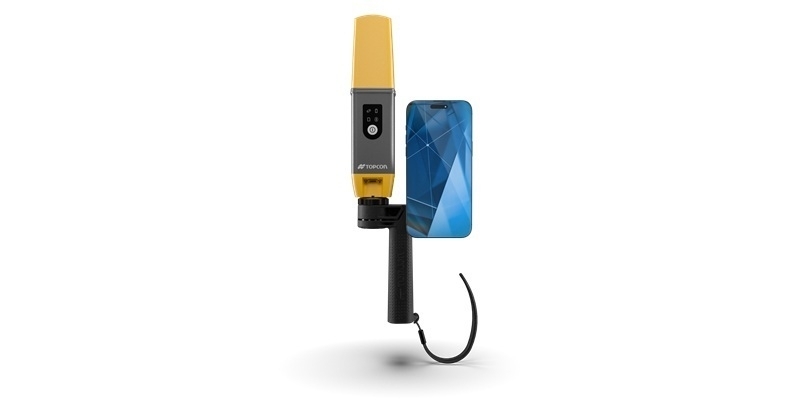Leamington Spa, UK, 8th August 2017 – A new survey commissioned by technology company, Yotta gauging the public’s views of council-run environmental services, highlights the need for local authorities to encourage residents to engage and report issues through online channels, while also making the case for new technologies that drive digital transformation.
According to the survey, which polled the views of 1,000 UK adults, a fixed line phone call remains the most popular means of reporting a missed waste or recycling collection to the council. 41% of the sample said it was their preferred method. Just 28% would opt to visit the council website using a laptop or a PC while only 1% favoured using an app.
“These figures should give councils cause for concern,” says Steve White, software business development manager, Yotta. “Environmental services including waste collections are among the biggest areas of interaction between the public and local councils. Councils should therefore be encouraging people to move to digital modes of engagement, wherever possible. It’s in line with the Government’s digital transformation strategy that builds on the Digital by Default services already rolled out across the public sector.
White adds, “Moreover, using digital channels for both transactional and informational purposes is much less expensive than using traditional channels, with the marginal cost of new service requests via the web being nothing, while the cost of a single service request via phone can be as much as £3 or more per call. And that is before any savings on the back-office costs of processing and fulfilling missed bin reports and waste-related customer orders are factored into the equation.
“Added to this, reporting online also allows service requests to be logged at any time, driving further flexibility for the public. In line with this, some councils are reporting more than 50% of their service requests are now being logged outside normal office hours.
“All of this highlights the need to make the online process for reporting service issues easier, thereby helping enable channel shift,” continues White. “Authorities may even need to re-design their whole approach not just at the front end but also in terms of streamlining their back-end processes.
“The latest digital technologies will have a key role to play here. The ability of councils to be able to access accurate operational data from waste management crews in near real time, process it quickly and keep residents informed of the results will be key to achieving these important objectives.”
Subscribe to our newsletter
Stay updated on the latest technology, innovation product arrivals and exciting offers to your inbox.
Newsletter

